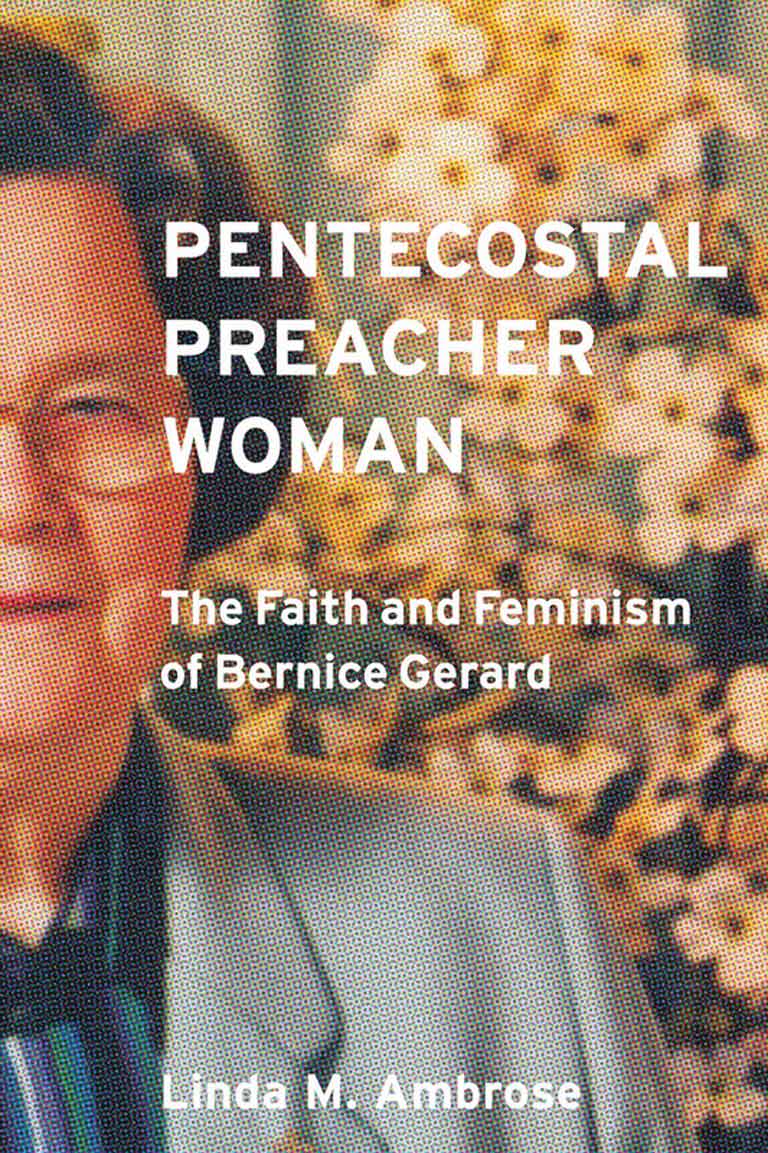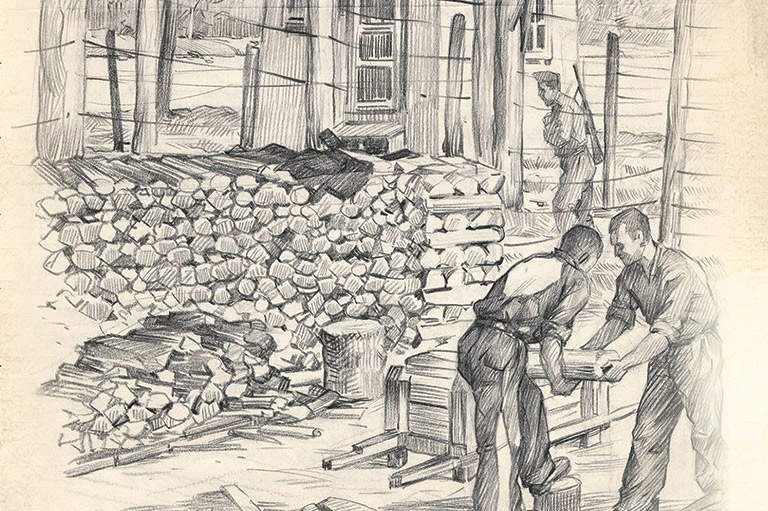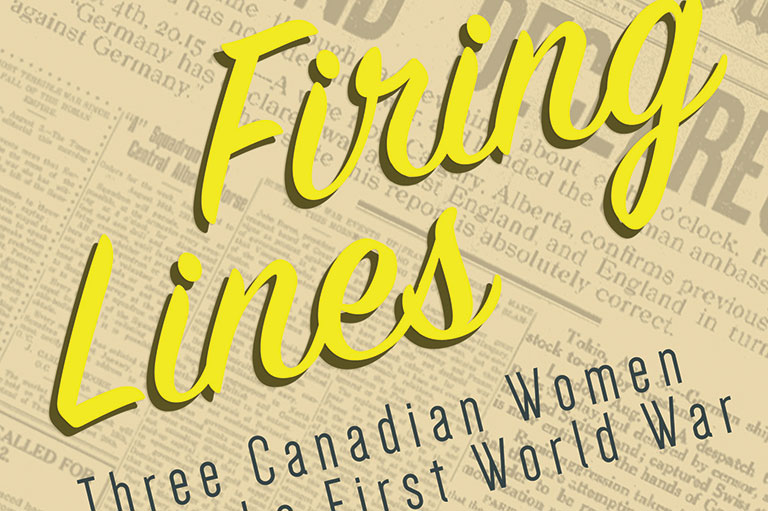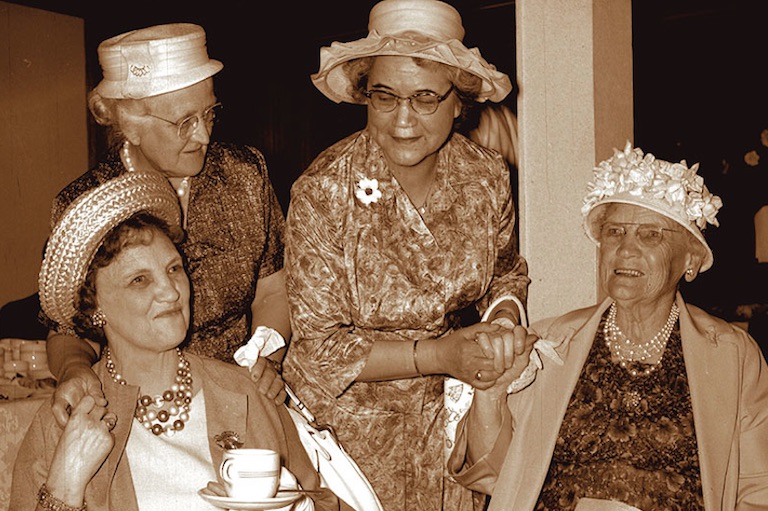Pentecostal Preacher Woman

Pentecostal Preacher Woman: The Faith and Feminism of Bernice Gerard
by Linda M. Ambrose
UBC Press,
320 pages, $37.95
Outside of British Columbia, Bernice Gerard’s name may not be familiar to most Canadians. However, Gerard spent many years in the public eye in B.C., where she was admired by some and despised by others. As a charismatic Pentecostal pastor, a colourful city alderwoman and a popular radio talk-show host with a booming baritone voice, Gerard had a big presence.
“While some judge her as a hero of the faith and a successful model for women in ministry, others dismiss her as a rigid and outdated public figure who was easily caricatured,” writes Linda M. Ambrose in Pentecostal Preacher Woman. “The truth about Gerard and women like her is far more complicated.”
Born into poverty in rural B.C. in 1923, Gerard was sexually abused by her alcoholic adoptive father, rescued when she was 13, and raised in a succession of foster homes. Yet, she grew up to be a confident, independent woman of influence. How did this happen? Gerard credited a pair of travelling women evangelists she met as a child. She said these “preacher ladies” gave her a sense that she belonged and was loved. They also helped her escape her abusive home life.
Ambrose describes how the wheels of B.C.’s fledgling social-welfare system turned in the 1930s. Social workers recognized that this bright adolescent girl had potential, and no lesser person than the province’s superintendent of child welfare, Isobel Harvey, took a special interest in Gerard. Harvey was part of a new breed of professional social worker — mostly women — who brought children out of Victorian-style orphanages and into more homelike foster care.
Gerard received a good education and began a career as a schoolteacher. However, it wasn’t long before she met another pair of travelling women evangelists who changed the course of her life. Sisters Velma and Jean McColl were part of a unique phenomenon of the time — women from emerging Christian revival movements pairing up to preach and sing gospel tunes.
With 7 uniquely curated newsletters to choose from, we have something for everyone.
Gerard quit teaching to join the sisters on the road as part of the McColl-Gerard Trio. Ordained as Pentecostal ministers in the United States, they worked as a team from 1945 until 1958, filling tents and church halls across North America and Europe.
The trio split up when the McColls settled down to marry. Gerard stayed single, but in an unusual domestic arrangement, she lived with Velma and her husband, Dick Chapman, in their Vancouver home. The two women continued living together after Chapman died and were, in fact, inseparable.
Gerard became a campus chaplain at both the University of British Columbia and Simon Fraser University in the turbulent 1960s and ’70s. With her gravelly voice, she was a natural for radio, and she hosted a late-night callinshow with CJOR in Vancouver. Her media exposure helped get her elected to Vancouver City Hall, where she served from 1977 to 1981.
The world of politics was not kind to Gerard. The media mocked her as severe, frumpy and humourless for her unwavering efforts to impose public morality by fighting the spread of nudity on public beaches.
By contrast, Ambrose’s portrayal of Gerard is sympathetic. The author, a professor of history at Laurentian University in Sudbury, Ont., describes Gerard’s conservative thinking as nuanced and more open than it at first appears. Gerard’s views, while never liberal, broadened over time. When debate opened up in the 1970s about ordaining women as ministers in Canada, Gerard found herself fighting against her own church, which had accepted women in ministry for its first 50 years but was hardening its rules in a backlash against a perceived threat of feminism.
Still, she remained hugely popular in the evangelical movement, and in 2000, eight years before her death, Gerard was rated first on a list of influential B.C. spiritual leaders compiled by the Vancouver Sun in consultation with academics.
In writing the biography of one particular woman, Ambrose reveals much about the backdrop of social history that unfolded during Gerard’s lifetime. And as the jacket blurb says, Gerard’s “complicated blend of social conservatism and social compassion has lessons for our polarized times.”
Advertisement
If you believe that stories of women’s history should be more widely known, help us do more.
Your donation of $10, $25, or whatever amount you like, will allow Canada’s History to share women’s stories with readers of all ages, ensuring the widest possible audience can access these stories for free.
Any amount helps, or better yet, start a monthly donation today. Your support makes all the difference. Thank you!
Themes associated with this article
Advertisement
Save as much as 40% off the cover price! 4 issues per year as low as $29.95. Available in print and digital. Tariff-exempt!




